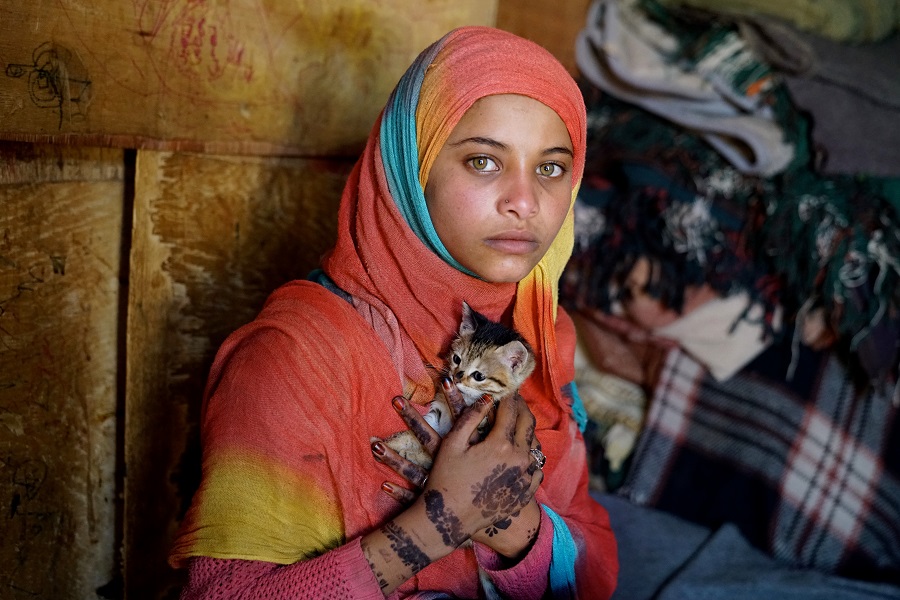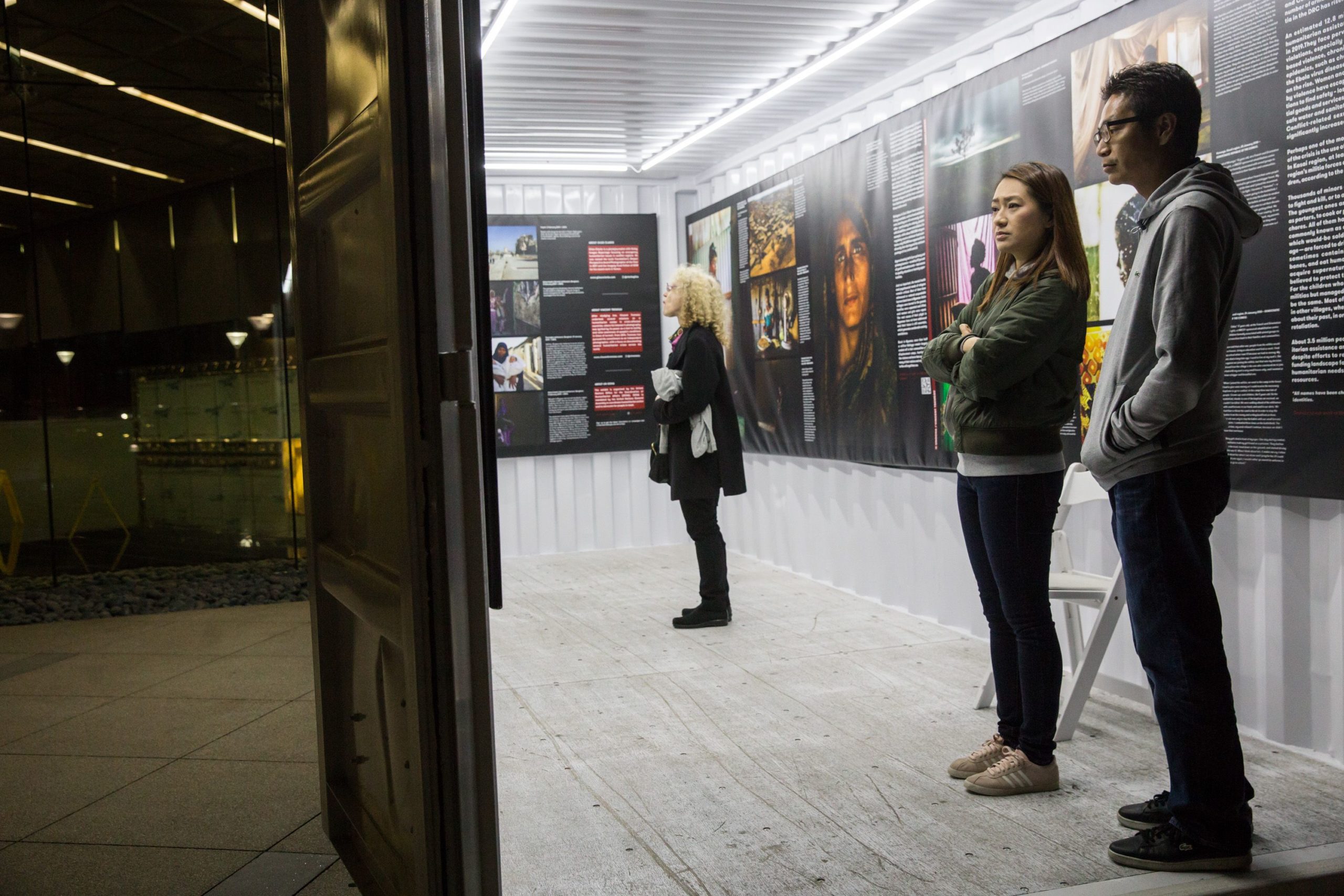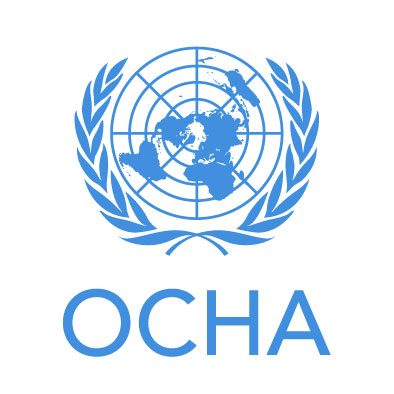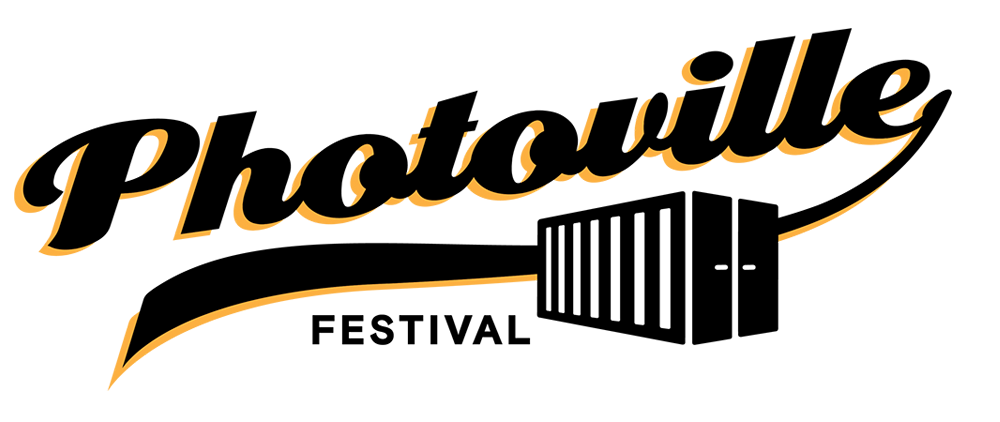


Women and children suffer war in ways that men don’t. Often this suffering is quieter, or less obvious, but the effects are profound and can alter whole societies.
When conflicts crash civic systems, women and children are usually the first to suffer. When schools fail to open, children might be pushed into work to never return to education.
The especially unlucky ones might be forced into sex work, or even trafficked to pay a family’s bills. When food supplies become scarce, or disaster-induced inflation makes it unaffordable, it is often mothers and babies that go without so men and older children can eat.
Sexual violence against women and girls is not only widespread in conflict but often used as a weapon of war. Domestic violence, human trafficking, enforced marriage and child marriage, all increase during times of conflict, and effect women and children disproportionately.
These are just some of the ways that people caught in conflicts need to be protected in ways that are not required in functioning societies.
That’s where the humanitarian community steps in: delivering the basic sustenance that helps keep a community in crisis alive – but also serving to protect them so they retain their security, dignity, and ability to rebuild their lives when the crisis has passed.
This exhibit features stories from Yemen, Bangladesh, Libya and the Democratic Republic of the Congo.
Artist Bios
-
Giles Clarke
-
Vincent Tremeau
Vincent Tremeau, (b. 1984), is a French photographer. Since studying law, he has undertaken several missions as a humanitarian worker in crisis-affected countries.
From 2014, Tremeau has been committed to pursuing work as an independent photographer, and started documenting several humanitarian crises across Africa, Asia, the Middle East, and Latin America. Combining an artistic approach with a documentary intent, he started his One Day, I Will project with young people.
By tapping into the childrens’ own vision of their future, he offers the audience a unique glimpse into their current circumstances and challenges, and a view into what tomorrow’s world might look like.
The series has been featured in National Geographic, CNN, PBS, and exhibited around the world from New York to Tokyo, Berlin, Geneva, and Washington DC.
Organizations
-

UN Office for the Coordination of Humanitarian Affairs (OCHA)
The UN Office for the Coordination of Humanitarian Affairs (OCHA) coordinates the global emergency response to save lives and protect people in humanitarian crises.
Caught in Conflict
Featuring: Giles Clarke Vincent Tremeau
Locations
View Location Details Annenberg Space for PhotographyCentury Park,
2000 Avenue of the Stars Los Angeles,
CA 90067
Location open 24 hours

